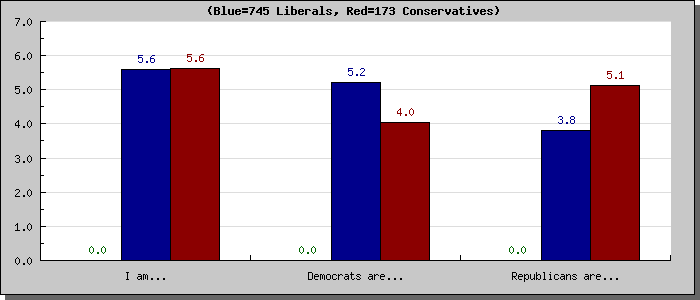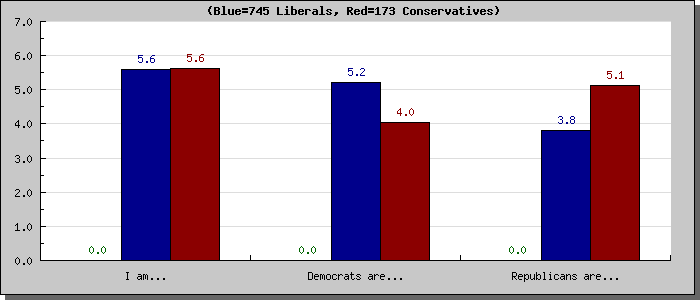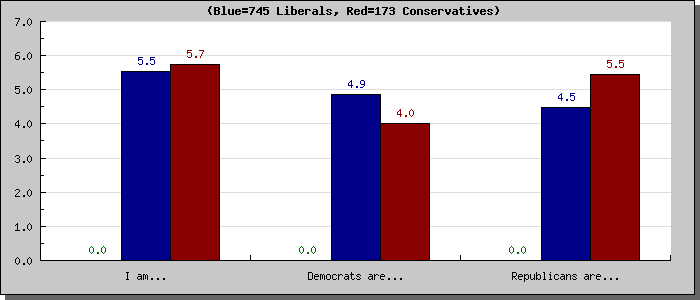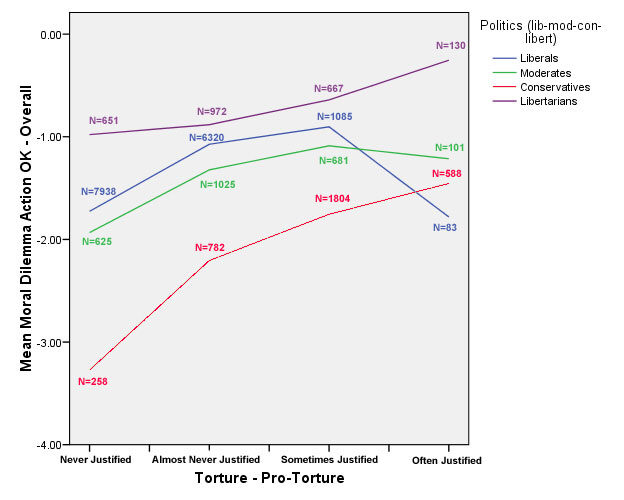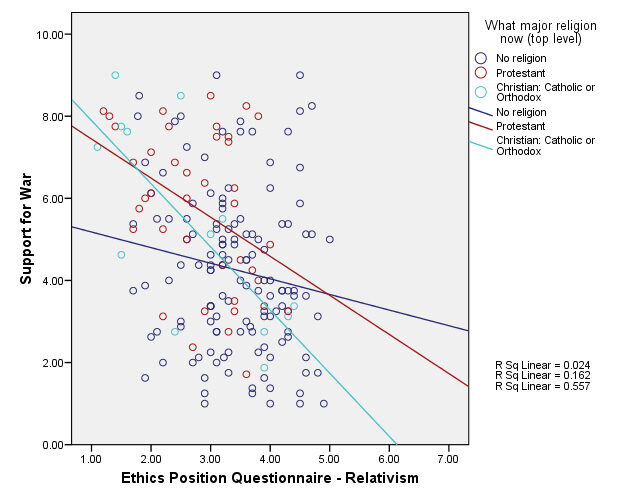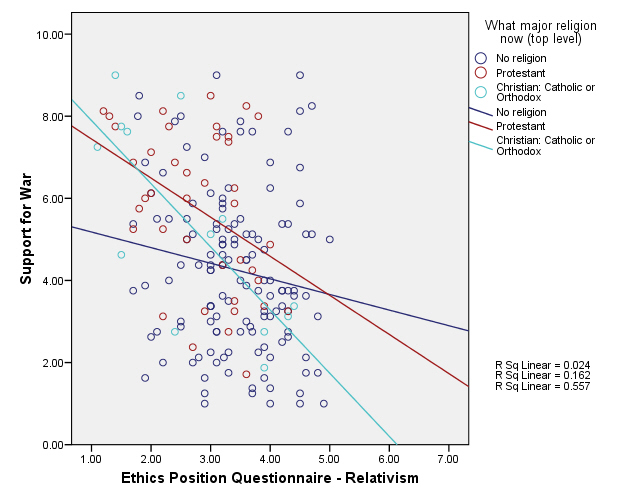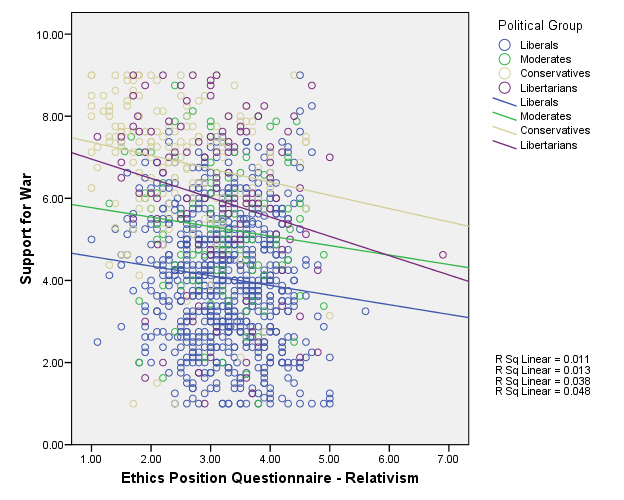On Hyperpartisanship, Hypermoralism, and the Supernormal Stimuli of Modern Politics
Today’s lead story from Politico, The Age of Rage, probably summarizes a lot of what people think is wrong with politics. Rather than make good policy, politicians and media are more concerned with scoring points for their political ideology (hyperpartisanship). However, as the Politico article points out, their actions are largely driven by the general populace. Politicians and media reflect what people respond to, which happens to be hyperpartisanship, rather than causing the incivility we see.
…there are two big incentives that drive behavior at the intersection where politics meets media. One is public attention. The other is money. Experience shows there’s lots more of both to be had by engaging in extreme partisan behavior.
Fox News has soared on the strength of commentators like Bill O’Reilly and Sean Hannity, both of whom fanned the Sherrod story on the strength of the misleading Breitbart video. (A Fox senior executive, by contrast, urged the news side of the operation to get Sherrod’s response before going with the story, The Washington Post reported.) On the left, MSNBC is trying to emulate the success of primetime partisanship. Meanwhile, CNN, which has largely strived toward a neutral ideological posture, is battling steady relative declines in its audience.
If media executives hunger for ratings, politicians hunger for campaign cash and fame.
Obama put it best earlier this year, after Republican Rep. Joe Wilson of South Carolina shouted “you lie” during the president’s State of the Union speech. “The easiest way to get on television right now is to be really rude,” the president told ABC News.
Indeed, at first Wilson seemed embarrassed and apologized for his outburst. But within days, Wilson and his opponent were both flooded with campaign contributions; Wilson took in more than $700,000 in the immediate aftermath of his outburst and was a guest of honor on Hannity’s show and Fox News Sunday.
We reward politicians and news organizations, with our attention and our money, that engage in the very incivility that makes politics so ugly. This is true on both sides of the aisle.
At the recent meeting of the International Society of Political Psychology, Linda Skitka gave a talk which puts a lot of this in perspective for me. Her lab studies the dark side of moral conviction, which I call hypermoralism in the hope that the term catches on. Roy Baumeister studies a similar concept, idealistic evil. In Skitka’s talk, she demonstrates in a Chinese sample that political intolerance (e.g. “people with different positions than your own about this issue should be allowed to have their phones tapped by the Chinese government”) and social intolerance (e.g. “How willing would you be to have someone who did not share your views on this issue as a close personal friend?”) were best predicted by moral conviction (e.g. “To what extent are your feelings about this issue or policy based on your fundamental beliefs about right and wrong?”). When controlling for moral conviction, all other variables (e.g. demographics, political position, attitude importance, and attitude strength) were all insignificant predictors of social and political intolerance. I look forward to seeing how this replicates on a US sample and how political intolerance is operationalized. Perhaps something along the lines of liberal consideration of censoring Fox news or conservative publication of what many would consider private discussion would make good operationalizations of political intolerance as they mirror what we see in reality, where considerations of privacy, context, and free speech are considered secondary to partisanship. Moral conviction may underlie the hyperpartisanship that Politico talks about.
Hyperpartisanship and hypermoralism may be another instance of the effects of what evolutionary psychologist Deirdre Barrett calls “Supernormal Stimuli”. As the Wall Street Journal writes about her book:
As Ms. Barrett notes, modern life surrounds us with supernormal stimuli. An example: Humans evolved strong tastes for fats and sweets, tastes that conferred a reproductive advantage in the days when starvation was common. But these tastes can be a burden when we’re confronted with such supernormal stimuli as the 400-calorie Frappuccino at Starbucks. An evolutionary adaptation that once promised survival is more likely nowadays to produce Type 2 diabetes.
Ms. Barrett pushes her thesis too far at times, but her plain-spoken disquisition makes a strong case that supernormal stimuli “can help us understand the problems of modern civilization.”
One might even argue that supernormal stimuli—or perhaps our reactions to them—are the biggest problems faced by affluent societies.
In the case of hyperpartisanship and hypermoralism, our evolved moral senses, which allow human beings to cooperate, are now subject to the stimulus which is the 24 hour news cycle and the non-stop political campaign. Moral emotions are powerful forces, which are now activated routinely, rather than rarely.
If anybody has ideas on how to escape this cycle, I would love to hear them. Humanizing and getting to know the opposition, along the lines of intergroup contact theory, is an idea. Perhaps moral emotions can be activated against hyperpartisanship itself, rather than against individual ideologies. Or maybe with greater understanding, we can all learn to recognize supernormal moral stimuli and give them less power in our lives. Ideas welcome and I’m open to operationalizing particularly promising ideas as studies to be run on yourmorals.org.
– Ravi Iyer

